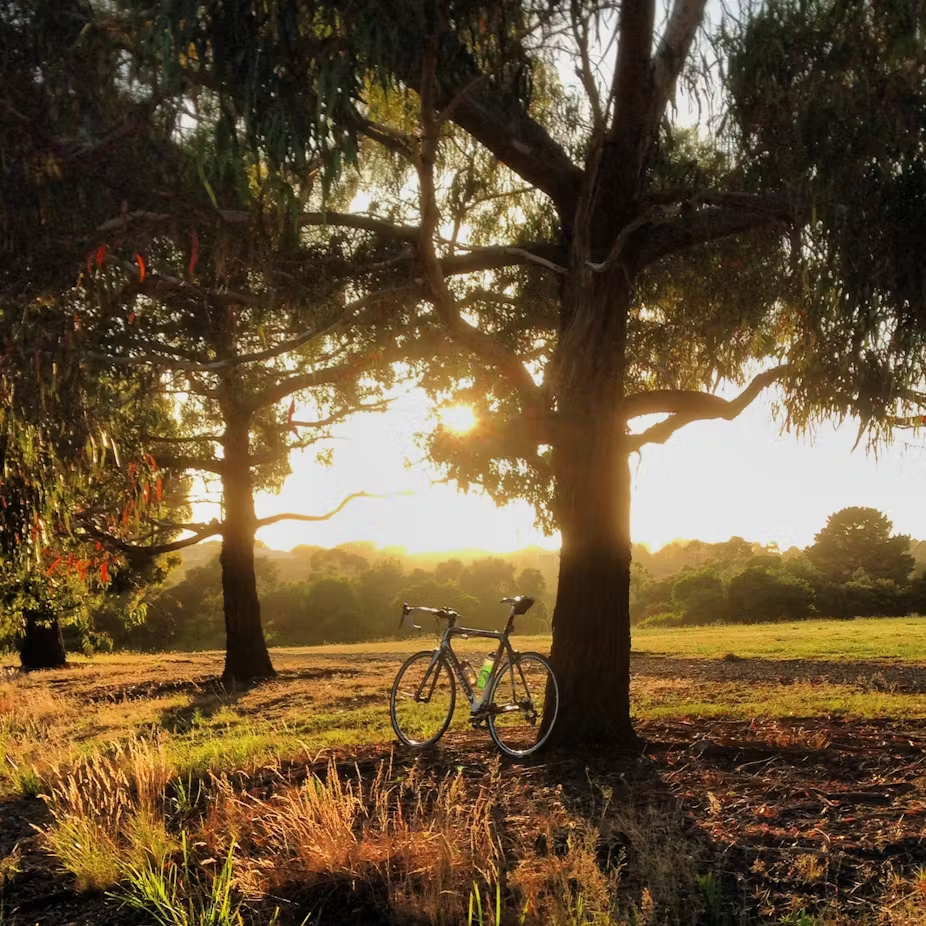The Athlete’s Kitchen
Copyright: Nancy Clark MS RD CSSD, January 2009
Question: What are two things dogs and athletes have in common?
Answer: One, both dogs and athletes love to exercise. Two, they both come in different sizes and shapes.
Question: What is one thing dogs and athletes do NOT have in common?
Answer: Dogs are content with their natural physiques, while too many athletes try very hard to change the way they look. These athletes might be better off being like dogs. That is, does that bulky St. Bernard yearn to look like a lanky Greyhound? Heavens, no! Does the barrel-chested Labrador want to look like a sleek Setter? Doubtful. Each dog is very proud to represent his breed. Wouldn’t life be easier if each active person could be just as proud of his or her “breed”?
As a sports dietitian, I spend too many hours helping my clients find peace with their bodies. Most of these active people take the outside-in approach. They think if they change their body from the outside by losing undesired body fat or by adding some muscular bulk, they will be happier on the inside. Unfortunately, not true!
No weight will ever be good enough to do the enormous job of creating happiness. This story, told to me by a cyclist, proves that point: “I once weighed 124 pounds and was unhappy with that weight. I started exercising and dieting rigidly. I lost to 99 pounds but I still wasn’t happy. I ended up binge-eating; I gained to 160 pounds, where I was miserable. I sought help from a counselor, stopped eating emotionally, and with time, got my weight back to 124—and I felt happy there! Why couldn’t I have been happy at 124 pounds in the first place? Because happiness has nothing to do with weight…”
Granted, some people do have excess body fat they can appropriately lose to be healthier as a person and lighter as an athlete. They can rightfully feel pleased when they accomplish the goal of attaining an appropriate weight. But other athletes just think they have excess fat to lose; they have distorted body images. A survey of 425 collegiate female athletes reports the women wanted to lose 5 pounds, on average. (1) Another survey of the top women runners in the country found the same results. (2) Even elite athletes wistfully believe they will perform better if they are leaner. Unfortunately, the struggle to attain that “perfect weight” can cost them their health and happiness. Restrictive diets with inadequate protein, iron, zinc, calcium and a myriad of other health-protective nutrients—to say nothing of carbs for fuel—often contribute to injuries and poorer performance.
So what can you do if you are discontent with your body? First of all, you should get your body fat measured to determine if you actually have excess fat to lose. Data can be helpful. (Find a local sports dietitian to measure your body fat via the referral network at SCANdpg.org.) You may discover you have less body fat than expected!
Feeling fat
It’s easy to understand why so many athletes have distorted body images. When you put on skimpy running shorts that expose your “flabby things”, or a bathing suit that shows every bump and bulge, you can very easily “feel fat.” Sound familiar?
One solution to the “I feel fat syndrome” is to remember “fat” is not a feeling. That is, you don’t feel “blond hair” or “freckled.” You also do not feel “fat.” Yes, you may be feeling uncomfortable with your body. But you are really feeling imperfect, inadequate, insecure, anxious—and any number of other feelings that get described as “feeling fat.”
I encourage your to explore those real feelings, and figure out where you got the message that something is wrong with your body. The media is a good start, but it could also be a parent who lovingly said at a tender age “That outfit looks nice, honey, but if only you’d lose a few pounds…” What you hear is “I’m not good enough” and this can create a downward spiral of self-esteem. Weight issues are rarely about weight. They tend to be about feeling inadequate and imperfect.
What to do
So how can a discontent athlete feel better about his or her body? One tactic is to stop comparing yourself to your peers. To compare is to despair. Rather, pretend you live on an island where your body is “good enough” the way it is. (You are unlikely to ever have a “perfect” body, so the second best option is to enjoy a body that is “good enough.”) If you step off your island and start comparing yourself to your peers, please notice: Do you end up being too fat, too slow, too ugly, too dumb? Do you ever let yourself rise to the top and be better than others? Doubtful. You are better off staying on your island, and calling yourself a Gorgeous Goddess or Handsome Hulk. With time and practice, you can change the way you see yourself and come to believe perhaps you are, indeed, good enough the way you are!
Granted, changing the way you feel about your body is a complex process. The following resources can help you in this journey to find peace with your body:
www.nourishingconnections.com (free e-newsletter)
www.findingbalance.com (has videos about resolving weight issues)
www.adiosBarbie.com (offers resources, and insights into the media)
For a plethora of books, visit the online bookshelf at www.gurze.com. Some of my favorites include The Body Image Workbook and The Don’t Diet, Live-It Workbook.
Life is more enjoyable when you can love your body and appreciate it for all it does and stop hating it for what it is not. When the drive for thinness comes with a high price, that price may not be worth the cost.
Nancy Clark, MS, RD, CSSD (Board Certified Specialist in Sports
Dietetics) counsels both casual and competitive athletes in her practice at Healthworks, the premier fitness center in Chestnut Hill MA (617-383-6100). Her NEW 2008 Sports Nutrition Guidebook, Food Guide for Marathoners, and Cyclist’s Food Guide are available via www.nancyclarkrd.com. See also sportsnutritionworkshop.com.
References:
1. Beals K and M Manore. Disorders of the female athlete triad among collegiate athletes. Int’l J Sport Nutrition and Exercise Metabolism. 2002. 12:281-293
2. Clark N, M Nelson, W Evans. Nutrition educational for elite female runners. Physician and Sports Medicine. 1988. 16:124-135







